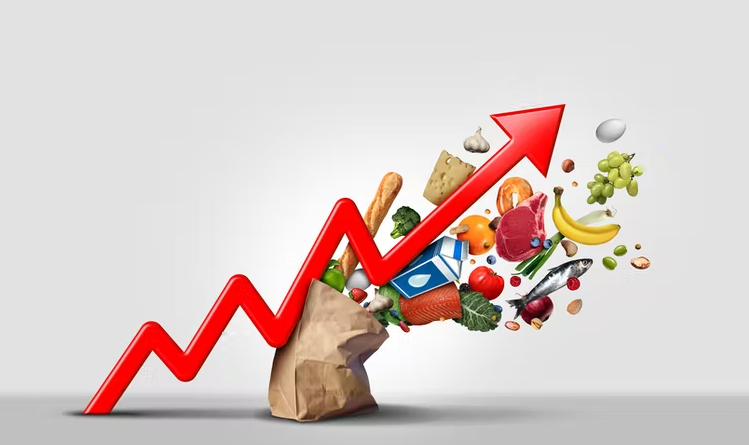Backyard gardening and increased farm production are Cabinet’s latest advice to residents struggling with cost of living
To help to lower the cost of living, the Cabinet is encouraging residents to engage in backyard gardening and pushing local farmers to use scientific means of increasing their customary yield by 25 per cent.
On Wednesday, March 1, the Executive reportedly held discussions on measures to lower the cost of living to whatever extent possible.
The Cabinet notes that the cost of shipping goods has increased significantly all along the supply chain, and this has triggered increases in fuel and food prices.
Additionally, it says, the Russia-Ukraine War and the embargo placed upon Russian fuel, usually sold to Europe and elsewhere, have resulted in global shortages that also have driven prices upwards.
Based on these factors, reportedly, the Executive decided to encourage backyard gardening and the use of scientific means to increase farmers’ production.
Reportedly this advice came from experts – all unnamed – who have noted that imported produce significantly exceeds domestic produce. However, it also provoked bitter criticism from householders who are asking “why the Cabinet needed experts to tell them that?”
This week’s Cabinet Notes say the Executive also considered granting additional support to chicken farmers, given the increased cost of baby chicks imported from several countries.
Addressing the Government’s response to the spike in the cost of living, during the Budget Presentation on Thursday, Prime Minister Gaston Browne took note of these external factors, but said the local economy is undergoing remarkable and beneficial recovery.
He noted, too, that because Antigua and Barbuda imports much of what we consume and utilise from the United States, it also imports the higher costs of production in that country.
The higher costs of shipping, insurance, port charges and other fees have resulted in increased cost of living for every other country in the world without exception, Browne said
According to Browne, the additional costs associated with imports increased the rate of inflation, which reached 9.2 per cent at the end of 2022.
As a result, he claims that his administration implemented a number of measures for the benefit of the people, including maintaining a wide basket of ABST-free essential goods, as well as the operation of social programmes (implemented by the United Progressive Party almost two decades ago), such as the People’s Benefit Programme and Government Assistance Programme; Senior Citizens Utility Subsidy Programme; the School Meals and School Uniform Grant programmes; and the Christmas Barrel initiative.
Browne also claims the Government significantly reduced the impact of soaring oil prices by not allowing the full pass-through of the increase.
He says much of the increase in international prices was absorbed by the Government through a $30-million reduction in consumption tax revenue collected, and that a subsidy equivalent to 25 percent of the price of fuel at the pump was provided to bus and taxi operators and fisherfolk.
Browne says, further, that thousands of families and households accessed relief through food-voucher initiatives – although many people claimed they were required to show their voter-identification card to get these.
The prime minister says that a conservative estimate of the value of assistance provided through social programmes and relief measures since the start of the COVID-19 pandemic is $130 million.
“The beneficiaries of these resources included the elderly, disabled, economically disadvantaged, orphaned, single parent, and other vulnerable groups who were really in need,” he says.
PM Browne alleges that the Government was able to provide for the people in such a substantial way that they fared better than other populations in Latin America and the Caribbean, and even in European countries that have far greater financial and other resources than we do.




